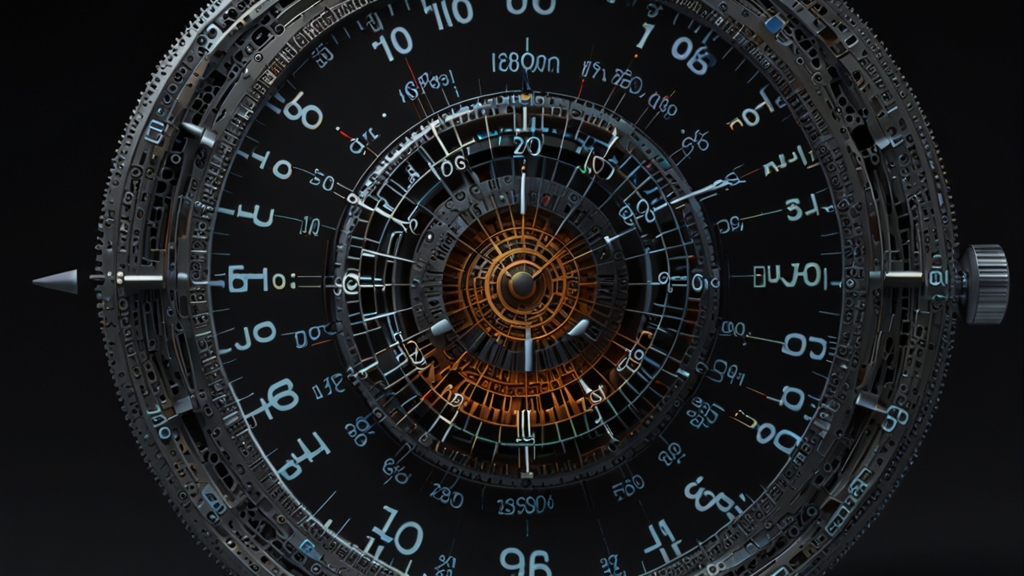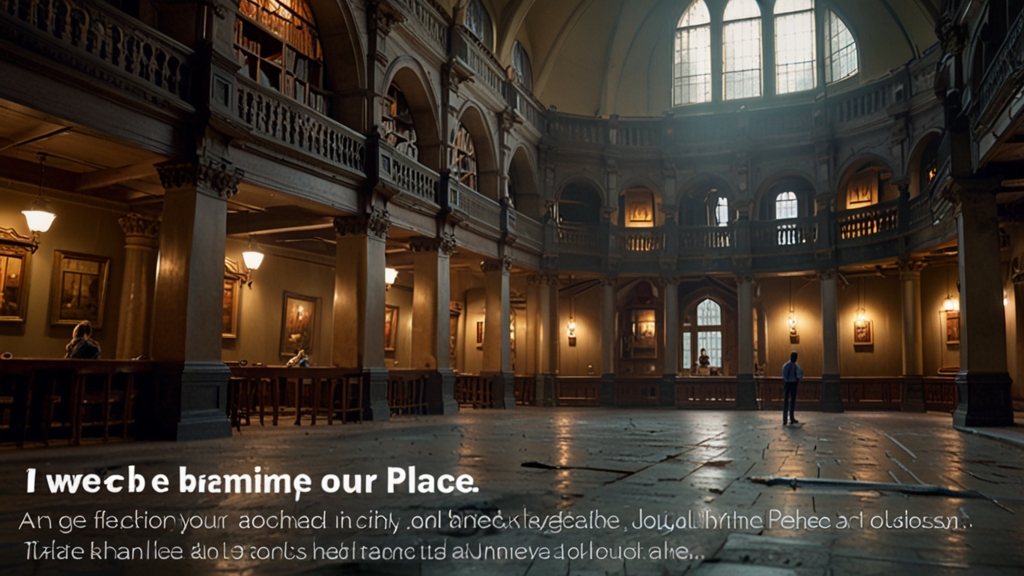Have We Misunderstood the Creation Story All Along?
For centuries, the Genesis creation story has been one of the pivotal pillars of Judeo-Christian belief systems. Traditionally interpreted as a literal account of the world's inception in six days, this narrative has shaped theological doctrines and cultural norms. However, recent scholarship and reinterpretations suggest that we might have misunderstood this ancient text all along.
Beyond Literalism
Many people have understood the Genesis creation story as a literal account of the world's creation. This interpretation raises a series of questions, especially in the light of modern scientific discoveries about the age of the Earth and the evolution of life. But what if Genesis was never intended to be read as a literal, historical account?
Scholars suggest that the creation story could have been a symbolic narrative aimed at conveying deeper truths about humanity, divinity, and the world. Rather than providing a play-by-play report of material creation, it might offer poetic insights into spiritual realities, human nature, and God's relationship with creation.
The Mesopotamian Connection
A deeper dive into ancient Near Eastern literature reveals striking similarities between the Genesis creation story and other creation myths of the region, particularly those from Mesopotamia. For example, the Enuma Elish, a Babylonian creation epic, also narrates the ordering of chaos into a habitable world.
These parallels suggest that the Genesis story may share a common cultural and literary heritage with its regional counterparts. Understanding this context allows us to see Genesis not as a unique, isolated account, but as part of a broader tapestry of ancient narratives, each offering a different perspective on the deep questions of existence.
"Understanding the Genesis creation story in its ancient Near Eastern context enriches our interpretation and allows us to appreciate its literary and theological nuances more fully." – Dr. John Walton, Biblical Scholar
Metaphor and Theology
Interpreting Genesis as a metaphorical or theological text opens a reservoir of meaning that goes beyond the surface-level reading. The seven-day structure, for example, could be seen as a theological framework rather than a scientific one. Each 'day' delineates stages of order being brought out of chaos, emphasizing the purposeful design and sovereignty of God.
This metaphorical approach also addresses the theological themes of human responsibility and stewardship. The imago Dei, or the image of God, in humanity, signifies a relational aspect of creation where humans are partners with God in maintaining and nurturing the world.
Implications for Faith and Science
Reinterpreting the Genesis creation story could have profound implications for the dialogue between faith and science. By moving away from a literalistic interpretation, religious communities could embrace scientific understandings of the world's origins without seeing them as a threat to their faith.
This approach creates a harmonious relationship between two realms of human inquiry that have often been pitted against each other. Science can inform us about the mechanisms of the physical world, while religious narratives can offer meaning and context for human existence within that world.
"Science and religion are not at odds, but rather are two approaches to understanding the greater whole." – Dr. Francis Collins, Geneticist and Faith Leader
Conclusion
If we have indeed misunderstood the creation story all along, reassessing it could enrich both our spiritual and intellectual lives. By considering the Genesis narrative as a symbolic and theological text, we open ourselves to a more nuanced understanding that bridges ancient wisdom and modern knowledge.
The beauty of sacred texts is their ability to offer multiple layers of meaning, serving different purposes across generations. The Genesis creation story, rather than being a relic of a pre-scientific era, can be seen as a timeless reflection on human existence, divine intention, and the intricate relationship between the two.
In the end, perhaps the true marvel of the creation story is its capacity to inspire reflection, dialogue, and a deeper appreciation of the mysteries that both science and spirituality seek to explore.











